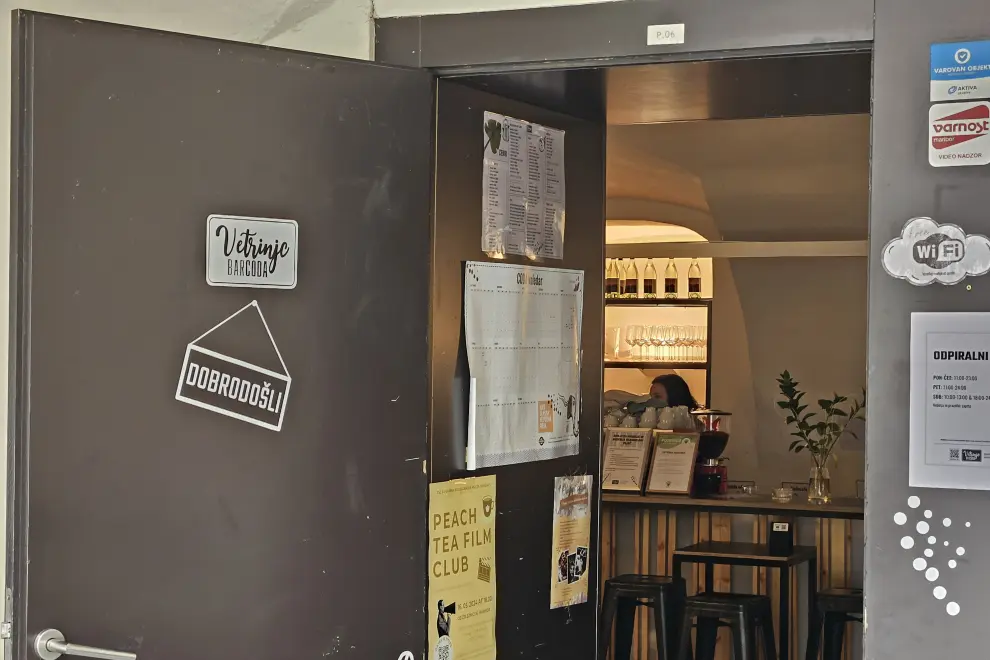Maribor home to country's first zero waste cafe
A cafe at the Vetrinje Mansion, an arts events venue in the centre of Maribor, has joined the Zero Waste Slovenija network as the first zero waste cafe in the country.
Vetrinjc BarCoda generates just 60 grams of waste per customer and the whole cafe produces less waste than an average Slovenian three-person household.
The cafe is managed by the music organisation KUD Coda, which has been committed to sustainable action in the event and hospitality industry since it took over the cafe a year ago.
Rather than bottled water, only tap water is available at the cafe and they do not sell beverages in plastic bottles. The teas are loose-leaf and take-away coffee is only available if customers bring their own cup.
The cafe analysed and measured its waste for 19 days. In that time they produced 65.9 kilos of waste.
Glass represented the bulk of the waste, at 40%, followed by biowaste (19%), paper and packaging (15% each) and mixed waste (11%).

Zero waste cafe Vetrinjc BarCoda in Maribor. Photo: Andreja Seršen Dobaj/STA
In addition to single-use bottles, one of the biggest challenges in the hospitality industry is cigarette buts, which in the case of Vetrinjc BarCoda accounted for the majority of mixed waste.
The amount of their glass waste would have been higher if the cafe had not signed a bottle reuse agreement with the suppliers, said the Ecologists without Borders, which has been running the national zero waste network for a decade.
The cafe was furnished with second-hand furniture and equipment. In the future they plan to tackle biowaste, especially coffee grounds.
Denis Jančič, who runs the cafe, says that work process involving less waste is handier for staff.
They are happy to have made a positive change for the environment that reflects on the customers, suppliers, performers and event organisers, and are glad the national zero waste organisation has recognised that too.


